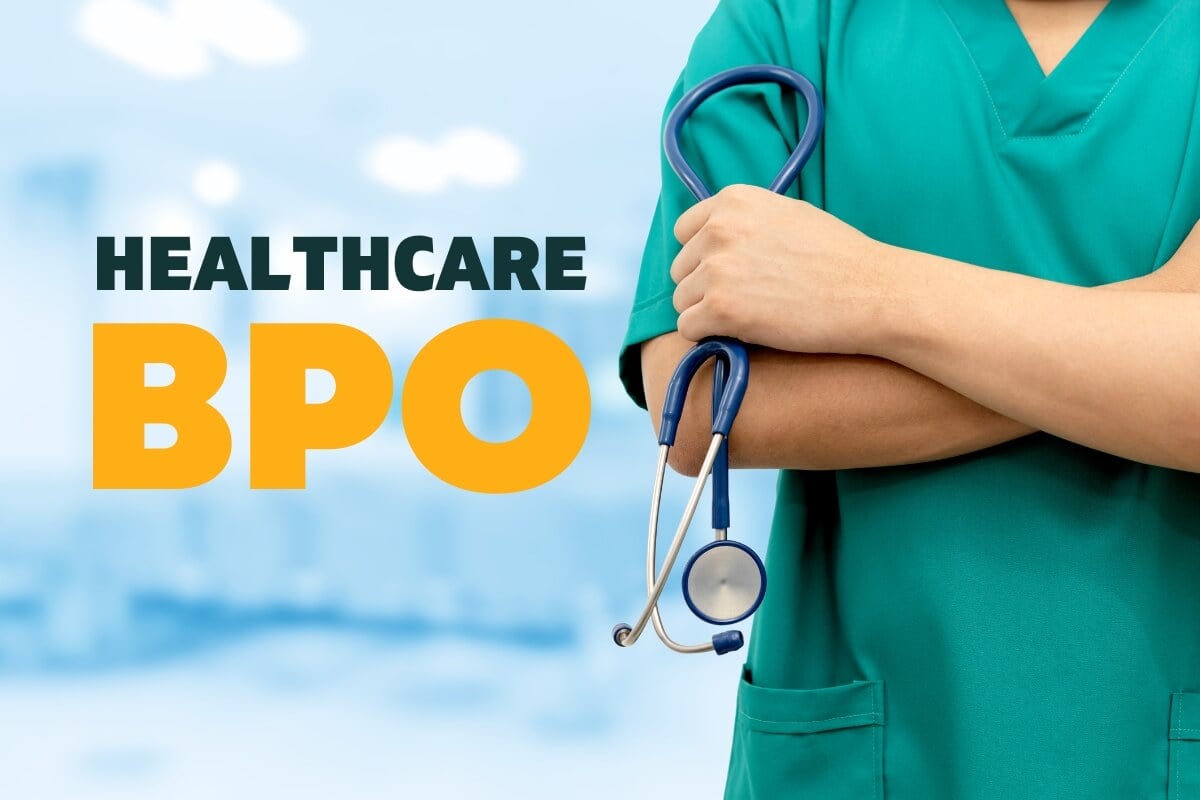Discover Just How Healthcare RCM Processes Transform Administrative Tasks Into Seamless Workflow
In the ever-evolving landscape of healthcare, Revenue Cycle Administration (RCM) processes have actually arised as a pivotal pressure in changing administrative jobs into seamless operations. By taking advantage of innovative technology and refined methodologies, RCM offers an innovative method to handling person enrollment, payment, and asserts handling. The solutions to these questions are vital for comprehending the future of healthcare management.
Comprehending Medical Care RCM
Earnings Cycle Management (RCM) in medical care is an essential procedure that ensures the financial health and wellness of clinical institutions by overseeing the whole lifecycle of client solution income. It integrates numerous management and professional functions, beginning from the initial scheduling of a medical visit to the eventual collection of settlement for solutions rendered. Healthcare RCM. RCM is essential in taking care of the intricacies of invoicing and compensations, making sure that health care carriers obtain compensation for their services successfully and precisely
A detailed understanding of RCM involves acknowledging the multiple components that make it effective. Key aspects include individual scheduling, insurance confirmation, charge capture, insurance claim submission, and repayment uploading. Each of these components needs precise focus to information and robust systems to reduce mistakes that can result in income loss. Additionally, RCM is not solely about monetary collections; it additionally aims to boost person fulfillment by reducing billing mistakes and enhancing transparency.
The performance of RCM rests upon the smooth combination of technology and human resource proficiency. Using innovative software application remedies makes it possible for health care organizations to automate repetitive tasks, consequently minimizing administrative problems. In addition, qualified personnel are vital in browsing regulative requirements and payer plans, making sure compliance and optimizing revenue recuperation.
Simplifying Individual Enrollment
Simplifying person registration is a basic action in enhancing the effectiveness of health care revenue cycle management. It involves maximizing the initial interaction in between people and medical care companies to make certain a smooth data collection process. Trick elements consist of the precise capture of person demographics, insurance policy confirmation, and authorization acquisition. By digitizing these processes through incorporated digital wellness records (EHR) systems, healthcare facilities can minimize errors, decrease documentation, and expedite client throughput (Healthcare RCM).
Automated systems help in verifying insurance coverage eligibility in real-time, which not just decreases management burdens however also improves person satisfaction by protecting against unanticipated invoicing concerns. In addition, pre-registration processes enable individuals to complete types on-line before their check out, minimizing wait times and allowing staff to concentrate on more complicated tasks. This aggressive strategy makes sure that all required details is accumulated and verified before treatment is provided, thus preventing hold-ups in succeeding invoicing and asserts procedures.
Training staff to use these systems successfully is vital. It guarantees that information access is consistent and precise, promoting a seamless transition from patient registration to various other earnings cycle procedures. Ultimately, improving client registration lays the foundation for a more reliable, patient-centered medical care delivery design.
Effective Billing Solutions
Efficient payment solutions are important to maximizing medical care profits cycle administration. They serve as the backbone for making sure accurate and timely financial deals between individuals, health care companies, and insurance policy companies.
Furthermore, reliable invoicing remedies equip healthcare companies to use transparent prices and invoicing info to individuals, promoting trust and click here for info boosting client fulfillment. Real-time payment systems allow health care personnel to give prompt feedback on client he said eligibility and out-of-pocket costs, boosting the total patient experience. These remedies also permit seamless assimilation with electronic health and wellness documents (EHR), guaranteeing that payment and professional info are in sync, minimizing management problems on doctor.
Including efficient invoicing options into the earnings cycle administration framework not just maximizes functional effectiveness yet also enhances financial efficiency. By reducing errors, increasing payment cycles, and improving individual interaction, medical care organizations can concentrate much more on delivering top quality care while keeping economic sustainability.
Maximizing Claims Handling

In the realm of healthcare earnings cycle management, enhancing claims processing is vital for maintaining financial wellness and operational efficiency. A structured cases procedure decreases the time in between solution delivery and settlement, consequently boosting capital and decreasing the possibility of errors. Efficient insurance claims processing begins with accurate documents and coding, which are important to ensure that claims are sent without inconsistencies that could lead to hold-ups or denials.
Leveraging sophisticated modern technology, such as automated claims monitoring systems, can substantially boost the performance of this process. These systems are made to automate repeated tasks, track insurance claims through each stage, and flag potential issues early. This not only minimizes the management problem on staff yet also raises the precision of entries by decreasing human mistake.

Enhancing Earnings Collection

In addition, rejection administration plays a critical function in taking full advantage of income collection. Recognizing patterns in claim denials, comprehending origin, and implementing restorative actions can significantly minimize reoccuring issues, thus enhancing cash money flow. Companies must buy durable analytics tools that help with comprehensive reporting and evaluation, permitting them to fix and resolve rejection patterns immediately.
Timely follow-up on superior claims is another important facet of profits collection. Developing a systematic approach to monitor and seek aged accounts makes sure that no profits is left unclaimed. Using devoted team or automated systems to track these insurance claims can boost performance and make sure regular cash inflows.
Final Thought
Health Care Earnings Cycle Management (RCM) processes considerably improve management effectiveness by integrating advanced modern technology and human experience (Healthcare RCM). The automation of person registration, invoicing, and asserts handling speeds up and decreases errors capital, inevitably enhancing individual contentment with real-time insurance confirmation and clear billing. By ensuring smooth functional circulation, RCM enables doctor to focus on high quality care while taking full advantage of profits recovery and preserving financial stability, thus transforming management jobs right into efficient, structured procedures
Income Cycle Monitoring (RCM) in healthcare is an essential procedure that makes certain the economic health of clinical establishments by managing the entire lifecycle of patient service profits.Improving individual registration is an essential step in enhancing the effectiveness of medical care revenue cycle management. It entails optimizing the first interaction between clients and medical care providers to make certain a smooth data collection procedure.Furthermore, efficient payment solutions encourage health care service providers to provide clear rates and invoicing details to individuals, cultivating trust and improving individual contentment. Real-time invoicing systems enable health care staff to supply instant feedback on person eligibility and out-of-pocket expenses, boosting the overall patient experience.